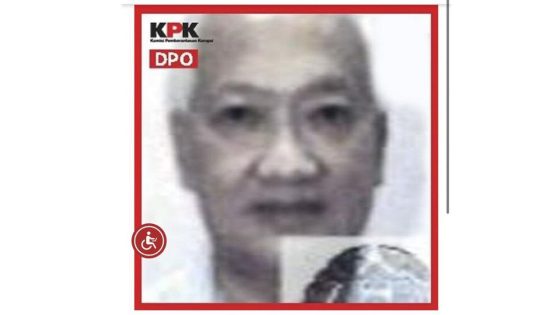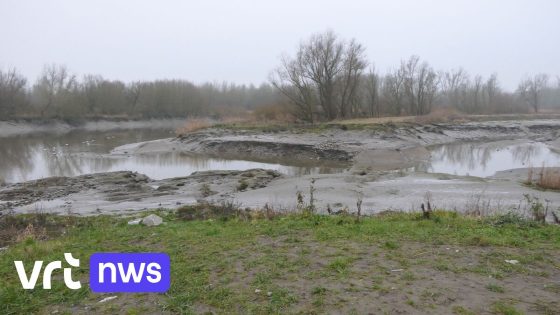Paulus Tannos, a fugitive linked to the e-KTP corruption case, was arrested in Singapore on January 24, 2025. This significant event marks a crucial step in the ongoing efforts to address corruption in Indonesia. How will his capture impact the broader investigation?
- Paulus Tannos arrested in Singapore.
- KPK coordinating extradition efforts.
- Tannos has been a fugitive since 2021.
- Involved in e-KTP corruption case.
- Tannos' company received 44% of project.
- Previous attempts to apprehend Tannos failed.
Paulus Tannos Arrested: What It Means for Indonesia’s Anti-Corruption Efforts
Why is the arrest of Paulus Tannos so important? His capture could lead to significant developments in the e-KTP corruption case, which has already implicated numerous high-profile individuals. The investigation has been ongoing since 2011, and Tannos’ role as a key suspect could shed light on the extent of the corruption.
Understanding the e-KTP Corruption Case and Its Implications
The e-KTP project was intended to modernize Indonesia’s identification system but became a massive corruption scandal. Tannos, as the director of PT Sandipala Arthaputra, played a significant role in this project. His company received a substantial portion of the project funds, raising questions about the integrity of the bidding process.
Key Figures Involved in the e-KTP Scandal
Numerous individuals have been implicated in this scandal, including:
- Setya Novanto, former Chairman of the DPR
- Markus Nari, former member of the DPR
- Irman and Sugiharto, officials from the Ministry of Home Affairs
- Andi Agustinus, a private sector player
The Path Forward: Extradition and Trial
Following Tannos’ arrest, the focus shifts to his extradition to Indonesia. Authorities are working diligently to fulfill the necessary legal requirements. This process is crucial for holding Tannos accountable and potentially uncovering more about the corruption network.
Impact on Future Anti-Corruption Measures
The arrest of Tannos could set a precedent for future anti-corruption initiatives in Indonesia. It emphasizes the need for transparency and accountability in government projects. Will this lead to stricter regulations and oversight in public procurement?
In conclusion, the capture of Paulus Tannos is a pivotal moment in Indonesia’s fight against corruption. It not only brings hope for justice in the e-KTP case but also reinforces the importance of international collaboration in addressing corruption globally.






























